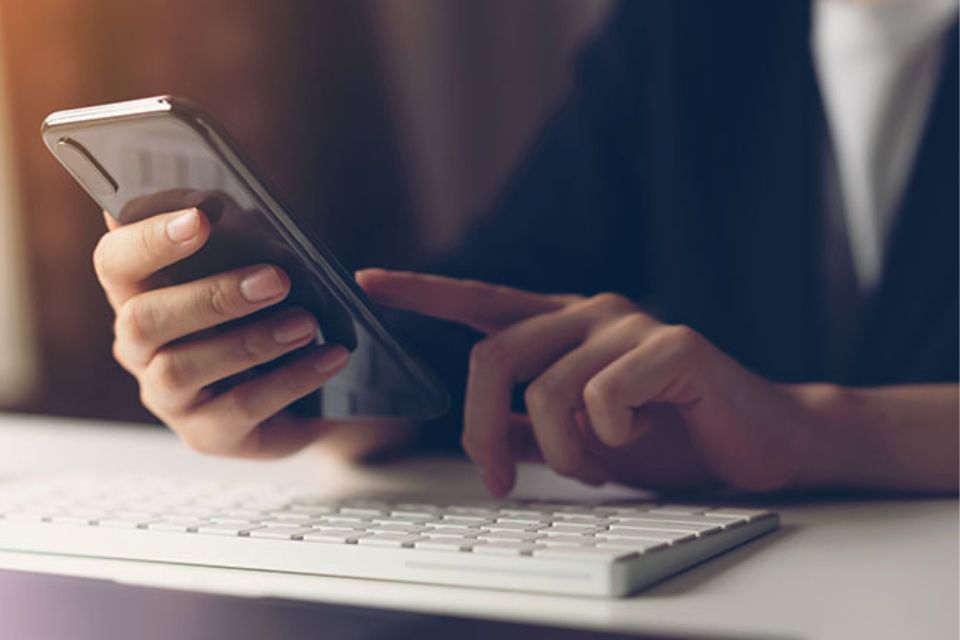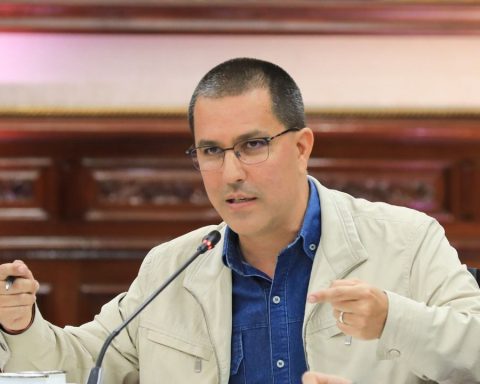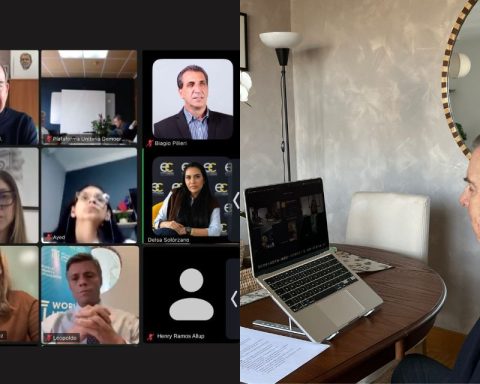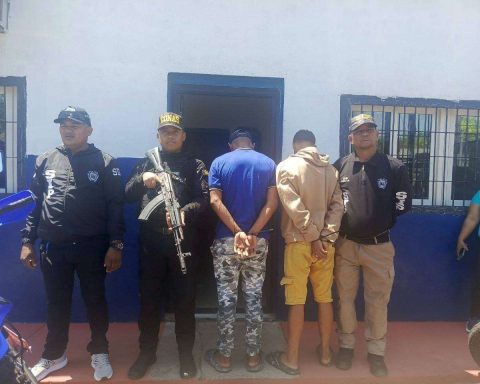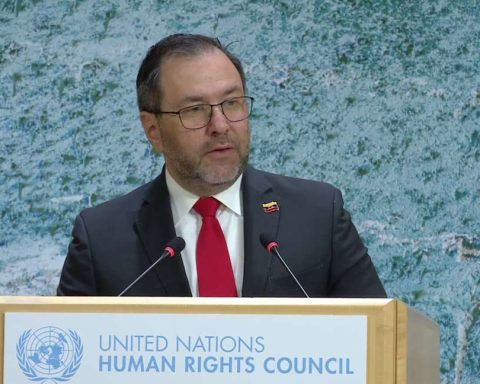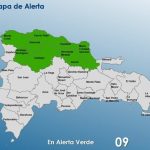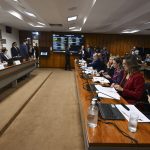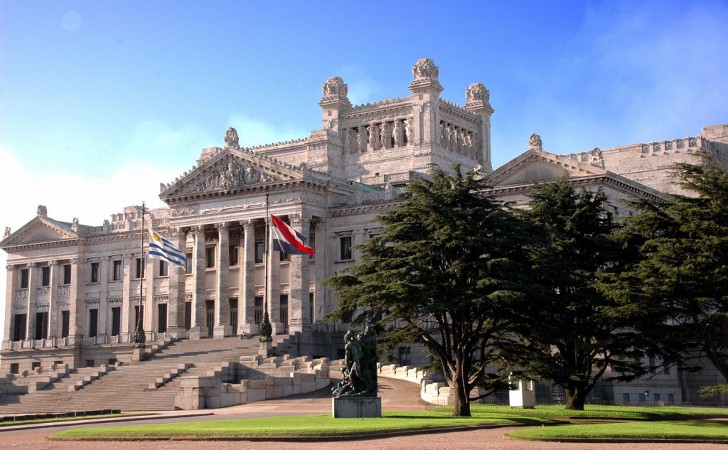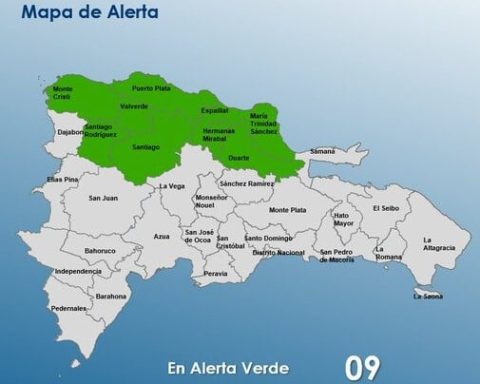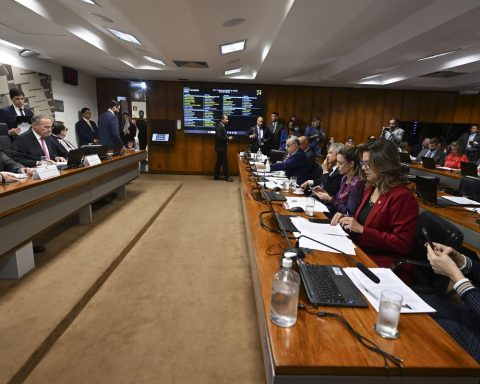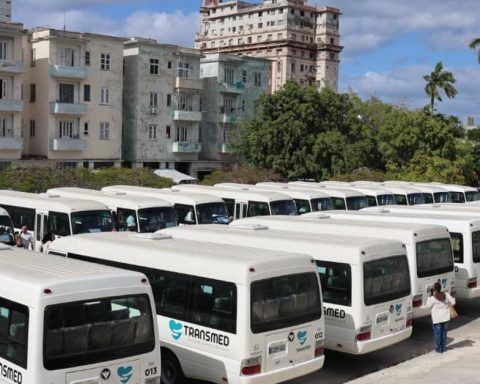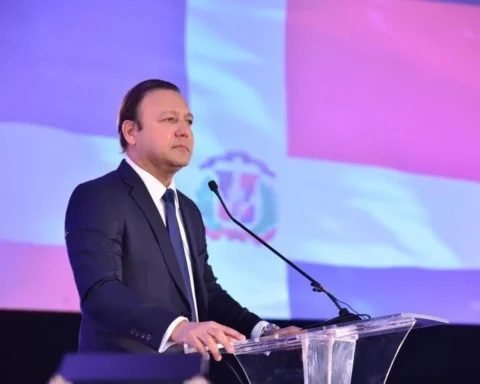During a chat forum held by SuchWhichNickole Quilarque, coordinator of the NGO Redes Ayuda, spoke about the various cyber attacks currently taking place in Venezuela and how to preserve digital security. She also said that disinformation has intensified in the electoral context.
Given the growing censorship and control of information by the government of Nicolás Maduro, digital security has become relevant. This was stated by social communicator Nickole Quilarque, coordinator of the NGO Networks Helpduring a Telegram chat forum made by SuchWhich last July 17th.
“The Venezuelan government has implemented various digital censorship strategies that affect the free exercise and guarantee of rights such as freedom of expression, freedom of the press, access to truthful and timely information and the protection of online privacy,” Quilarque said during the meeting.
Among these strategies, he highlighted the blocking of information websites, non-governmental organizations such as the Institute for Press and Society of Venezuela (IPYS) and you count like Fake News Hunters, EsPaja and the Venezuelan Observatory of Fake News, dedicated to debunking false information.
He also recalled that the government has implemented surveillance tactics to monitor and control citizens’ digital communications. “A couple of years ago, a report was released by Telefónica, the parent company of Movistar, which revealed the interception of communications of more than 20% of its users on the orders of the government,” he said.
Quilarque stressed that in electoral processes, “such as the one we are currently experiencing in the run-up to the presidential elections,” the disinformation practices by the ruling party are intensified. “They have used the dissemination of false and misleading news through various digital channels, such as YouTube or websites dedicated to disinformation, and the harassment of journalists and political activists with the intention of imposing and favoring their narratives,” he said.
On the other hand, he explained that in Venezuela there are technological limitations that affect digital security. Among them, he pointed out the slowness of the Internet connection in the country. “It is one of the slowest and least reliable in the region, which makes constant and secure access to information difficult,” he said.
In addition, the lack of access to modern and technological devices, together with the lack of educational programs on good digital practices, worsens the situation of digital security, according to the social communicator.
Regarding the hacks, the coordinator of Networks Help She commented that the accounts of activist journalists and human rights defenders are the most likely to be hacked. However, she stressed that “any account that does not comply with a minimum of good digital security practices can be susceptible to this type of cyberattack.”
*Read also: #ForoChat | How can a secret vote be guaranteed for the upcoming #28Jul?
To avoid these attacks, Quilarque recommended the use of secure passwords that do not contain personal information and are not reused for different accounts. He also advised having a password manager “to avoid saving passwords in unsafe spaces such as notes, documents or in the browser without protection.”
He also warned about the phishinga type of cyberattack used to trick people into revealing sensitive information such as passwords, credit card numbers, or personal details. “They often come in a variety of forms, such as fake emails that often include links to fake websites, fraudulent text messages, misleading messages through platforms such as WhatsApp, or through the creation of fake websites.”
What to do if you are a victim of a digital attack?
During the meeting, the coordinator of Networks Help offered a series of steps to follow to mitigate the damage if you are the victim of a cyberattack.
- Change passwords for all accounts, especially those containing sensitive information.
- Use strong and unique passwords
- Delete conversations on instant messaging platforms that may compromise you or third parties
- Avoid using social media direct messages to maintain conversations
- Back up all sensitive information to a safe place such as an external device or in the cloud and then delete this information from the devices.
- Install and keep up to date a reliable antivirus program
- Update installed applications and operating systems
- Report what is happening on the platform. “Most social networks and online services have processes for reporting compromised accounts and can help you regain control of your accounts,” Quilarque explained.
- Use other platforms to report that you were the victim of some type of attack
- Knowing organizations, people or projects that can help make cyberattacks visible, as well as providing tools to deal with them. Among these organizations, the specialist mentioned Networks Help, Public space and Secure Connection.
The post #ForoChat | Digital security: How to stay safe online? appeared first on As it is.
